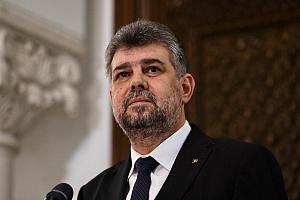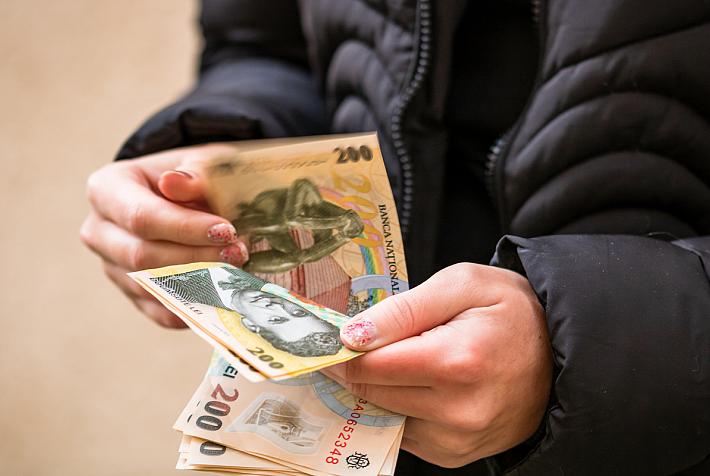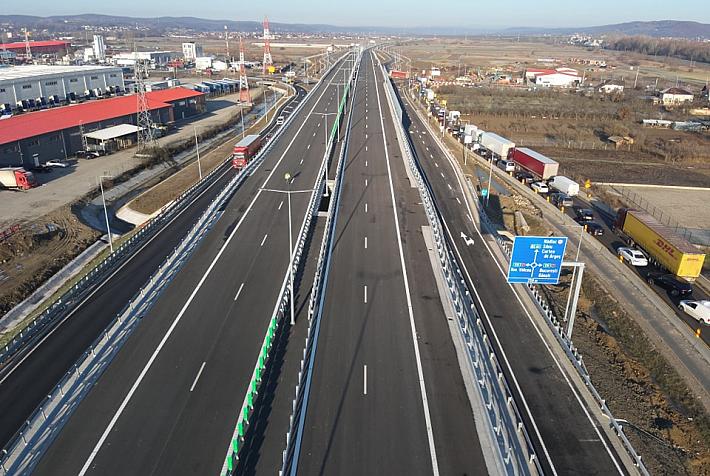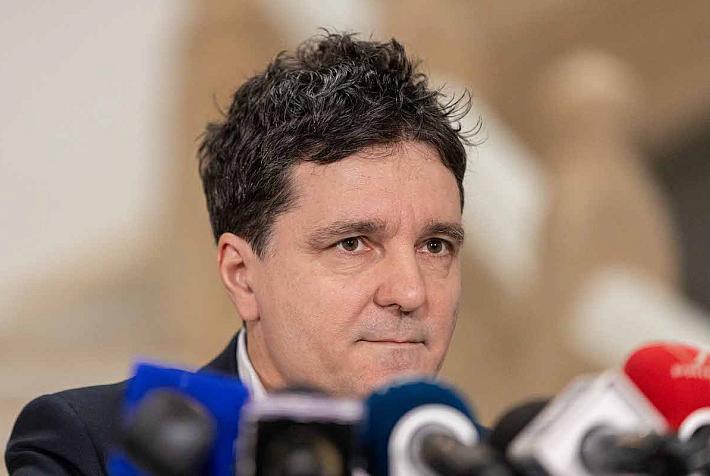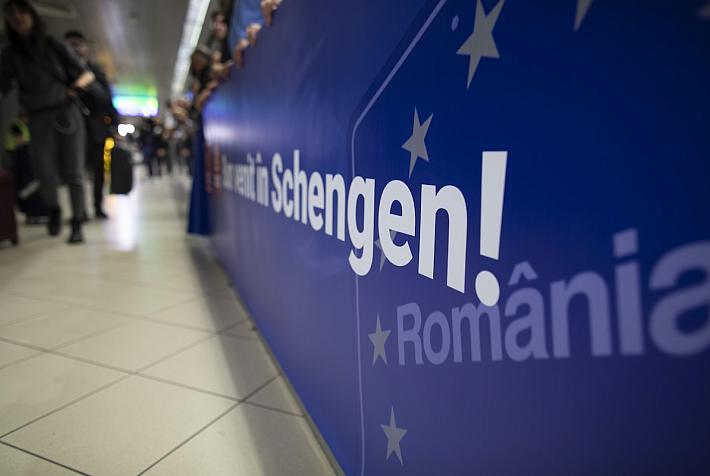Broad but superficial agreement on partial regulation of the energy market in Romania
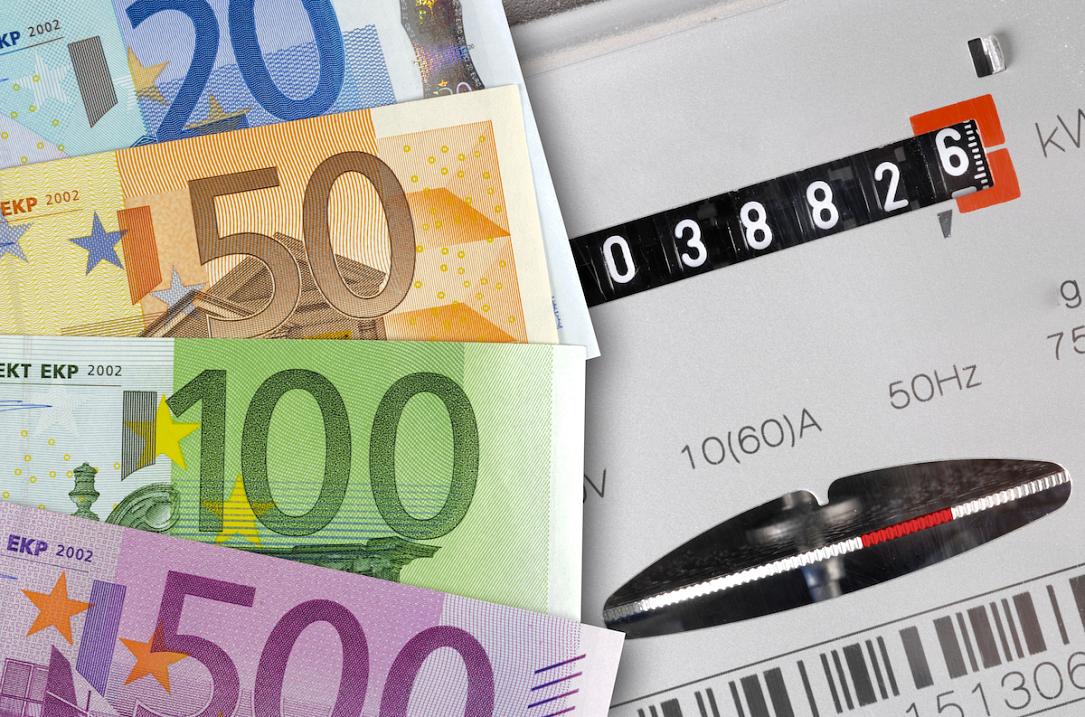
Romania's ruling coalition and the companies in the energy sector seem to converge towards a semi-regulated model of the electricity market that would replace, at least for a period of time, the current 'cap and subsidy' system.
Prime minister Nicolae Ciuca, who also serves as head of the Liberal Party (PNL), confirmed that "technical solutions are looked for" and that the option of a "semi-regulated market" is being discussed.
The market can't be fully regulated because of some existing long-term contracts. But the consensus over the "semi-regulated market" is reached so far at a very superficial level, and the technical details are still to be decided.
Executive head of the electricity supply firms' association AFEER, Ion Lungu, quoted by Ziare.com, argues in favour of a cost-plus pricing system at the level of the prices charged by producers, which is the most direct system for keeping the end-user prices under control and all the energy companies alive - but this also requires the system to be implemented along the entire chain (from producer to end-consumer).
It is the market regulator's duty to set the regulated prices and decide whether a price of RON 1,300 (EUR 260) per MWh for the entire wholesale market (to include both markets of bilateral contracts and spot market as they exist now) is realistic or not, AFEER's Lungu said.
"At this moment, it doesn't seem to be enough - but if Hidroelectrica and Nuclearelectrica are selling at cost-plus prices, this might be feasible," he explained.
Separately, Profit.ro reported on talks between Enel (which operates suppliers and distribution firms in Romania) and authorities about a maximum price of RON 450 per MWh charged by producers on the market of bilateral contracts. But such talks are not consistent with the cost-plus pricing mechanism, which indicates visible inconsistencies in the Government's approach and a lack of coordination.
PM Ciuca has not elaborated at all on the upstream segment of the market - but only on the end-user prices, for obvious political reasons. "Technical solutions are still being sought for the integration of EU funds," he said at the end of a meeting with the Liberal Party leaders, Adevarul reported.
iulian@romania-insider.com
(Photo source: Filmfoto/Dreamstime.com)







